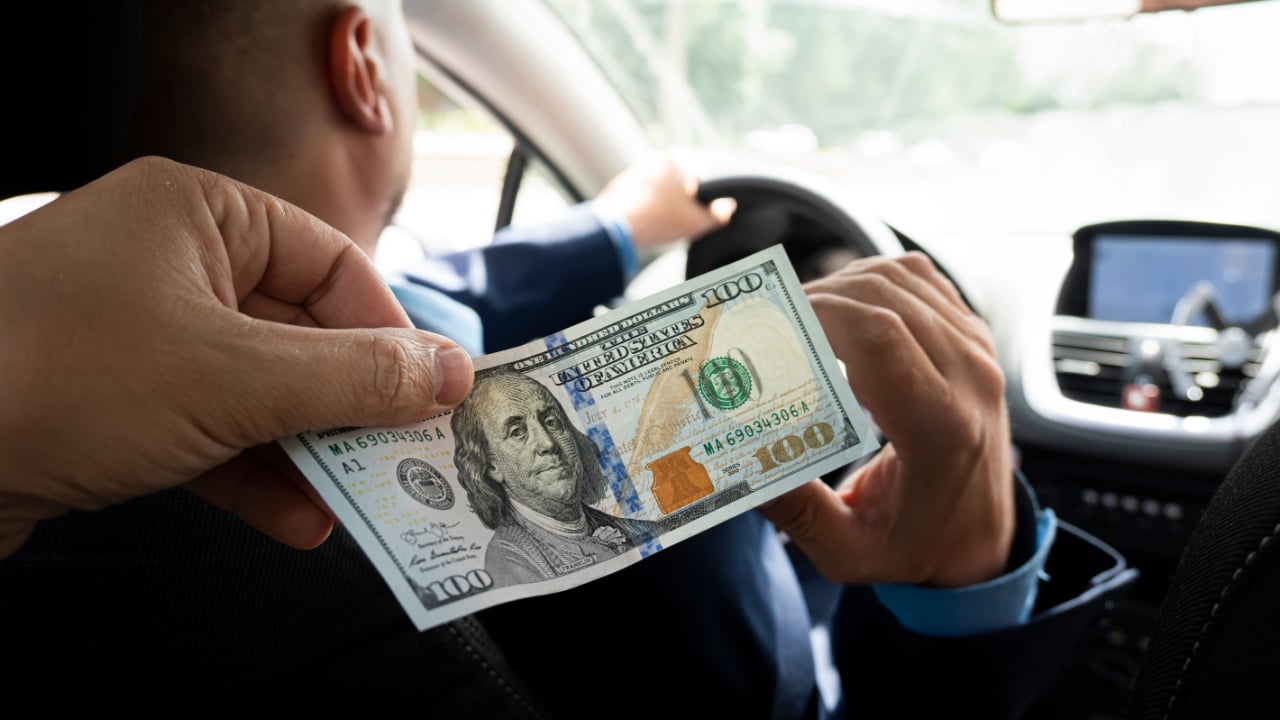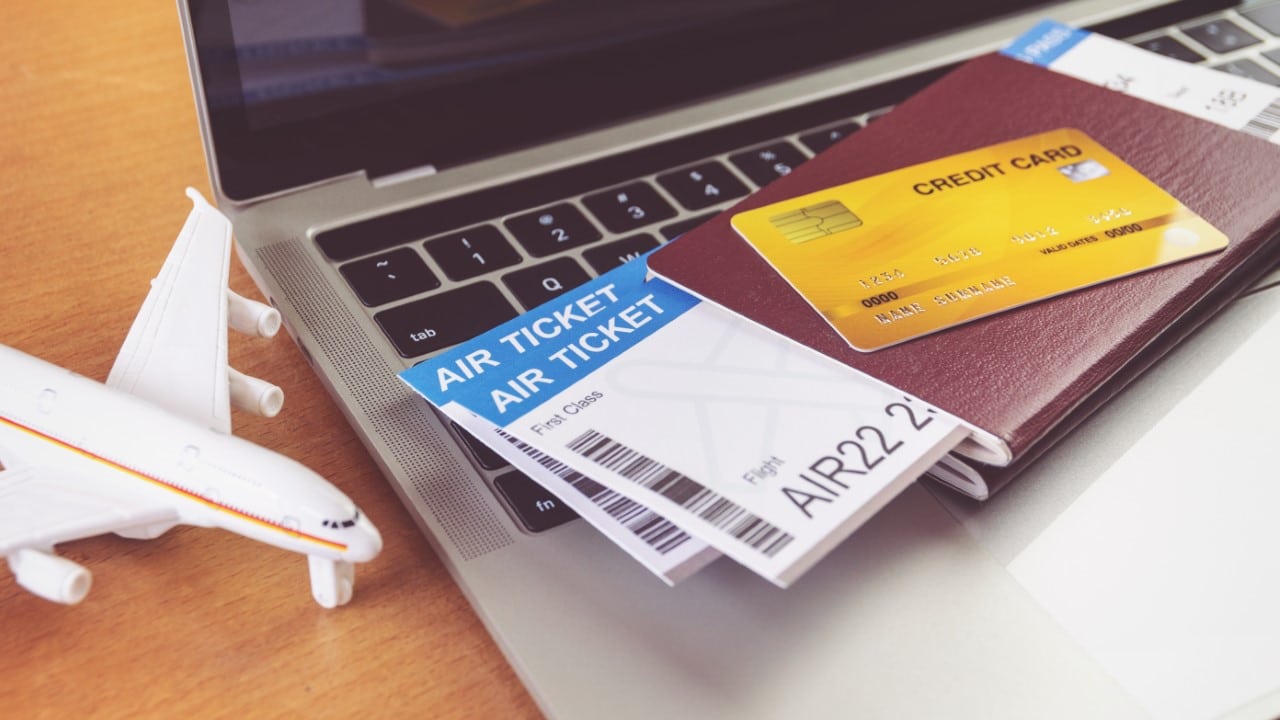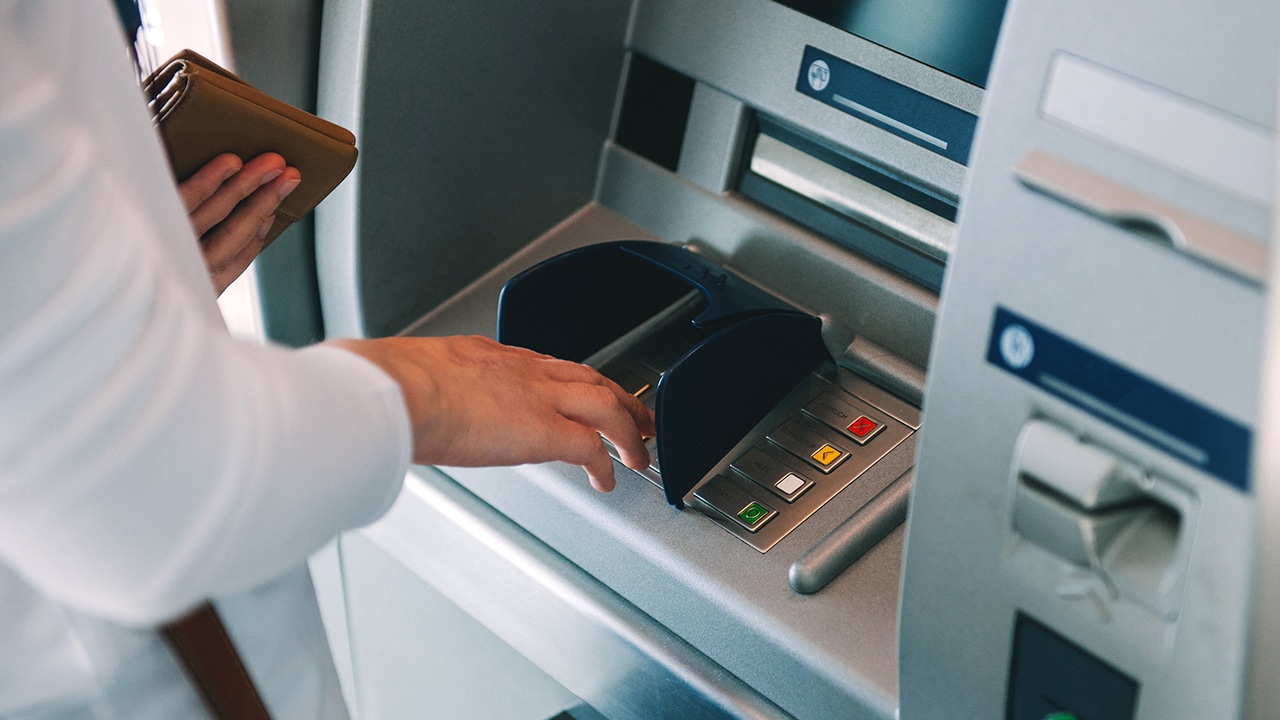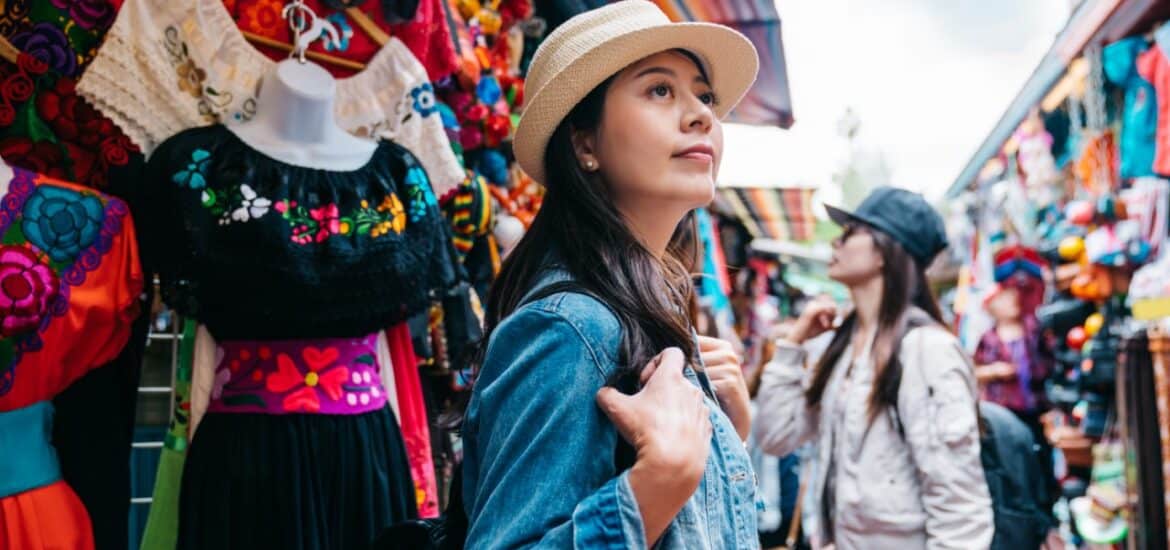It’s a sad fact that there are scammers everywhere who are ready to pounce on unsuspecting tourists for a quick buck. Some scammers are highly skilled and cunning, so keep your eye out when in a foreign country. These scams could cost you a lot and even land you in trouble if they aren’t handled properly.
1. Broken Taxi Meter

The broken taxi meter is one of the most prevalent scams worldwide, where you get in a taxi, and the driver says his meter is busted. He will take you to the location and charge you his fee instead, which he assures you is not that expensive. Needless to say, this is a lie, and he will overcharge you. You have to pay him, or he’ll cause a scene.
2. Free Bracelets

Another prevalent scam is where locals approach you, put bracelets or flower crowns onto your head, and then demand money. Even if you take it off, they will continue to bug you. This typically happens when you’re enjoying the beach or a touristy location. They’ll say it’s free initially but demand payment when it’s on you.
3. Train Cancellation Scams

Often, you will be approached at train stations where scammers will say that the train is canceled or delayed. They will then offer to help you purchase a new train ticket for a price. To avoid this, check your train schedules and prices beforehand and locate a ticketing booth to confirm with them.
4. Vehicle Rental Damage

Sometimes, scammers rent you a vehicle, claim it is damaged upon return, and demand payment. This can be avoided by taking pictures of your cars or motorcycles before returning them as evidence that you have not harmed them. Also, do be sure to read their rental agreement carefully.
5. Free or Very Cheap Vacation Plans

If it is too good to be true, it probably is. Scammers will offer free or super cheap vacation plans with discounts, but there will always be a surmount of hidden charges they don’t tell you about. Hence, read up on reviews and research before falling for these plans.
6. Fake Tickets

If anyone approaches you and offers to sell tickets at a discount, it’s probably fake. The worst part is, when you realize it, the scammers will already be gone with your money. This can happen for bus, train, or plane tickets, so be vigilant and stick to what you already have or official sources.
7. Counterfeit Currency Exchange

This could happen in two ways: when paying for food at a restaurant or getting coerced by a local into exchanging your currency with them to avoid higher fees at the bank. It can be avoided by not taking your eyes off your money and only exchanging money at the bank.
8. Timeshare and Vacation Club Scams

Some scammers will try to sell you timeshares and vacation club memberships, which promise discounted travel or cheaper rates. These memberships and timeshares can be difficult to use and navigate while being expensive. It’s just not worth the trouble.
9. Overcharging Restaurants

Keep an eye on the prices of your food when ordering, and check your bill to ensure that no additional items are added. Scammers take advantage of unsuspecting tourists and overcharge them or add more items to gain profit.
10. ATM Helper

It should be noted that anyone who lurks around an ATM should not be trusted. Be wary if you come across a super-friendly local in line at an ATM or headed to one. They’ll claim that the ATM is broken or that they have a cheaper option and offer you to use their own modified card readers.
11. Fake Public WiFi Hubs

Digital and private information is as valuable as currency, so be alert when connecting to WiFi in public domains. Please set up a VPN or link to a secure and trusted network by asking your hotels for their official WiFi. Essential information like your banking details and passwords are at risk. Sure, these scammers may offer cheap alternatives to getting WiFi, but the data leak is not worth it.
12. Bus Scams

You can encounter many types of bus scams; one of them is the ‘kind’ locals who help you load up your belongings and end up stealing them. Another would be pickpockets distracting or bumping into you in the crowded bus. Bus travel may be a great budget alternative, but you will be a prime target for scammers.
13. Unsolicited Taxi Tour

Sometimes, taxi drivers scam you by taking you on an unsolicited taxi tour. They will force you to enter shops or attractions where they get a commission rather than sending you directly to the location you ask for. It will waste your time, that’s for sure. To stop this, make sure you know the direction of your area, and if the driver refuses to listen to you, get out.
14. Bargain Luxury Items

Another one of those cases where if it’s too good to be true, it shouldn’t be trusted. These bargain luxury items are typically fake and sometimes cost way more than their original cost. Be sure to know the value of something, even if it’s fake, and don’t pay more than you think it is worth.
15. The Goods Exchange

You’ll get enticed by sellers selling tasty food or good quality items for a discount. After purchasing it, you find out you’ve been scammed and receive broken or rotten items instead. They typically do this after distracting you with conversation and switching the items under the counter or in the back. Keep your eyes on your goods and double-check before leaving the store.
Source: Google, specifically ThePlanetD, TravelSites, FrayedPassports, and ExpertVagabond.
